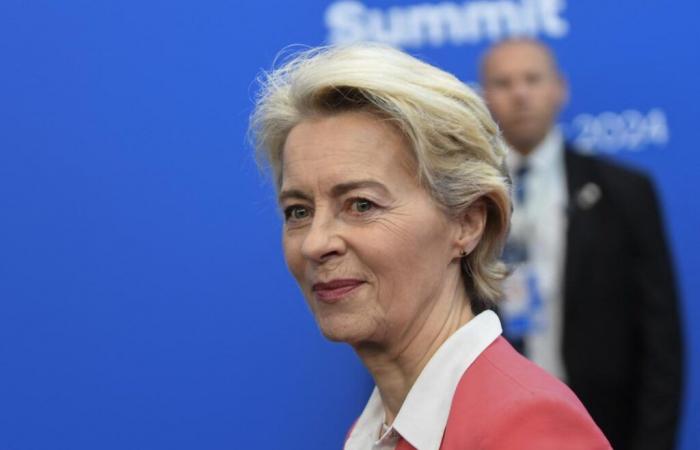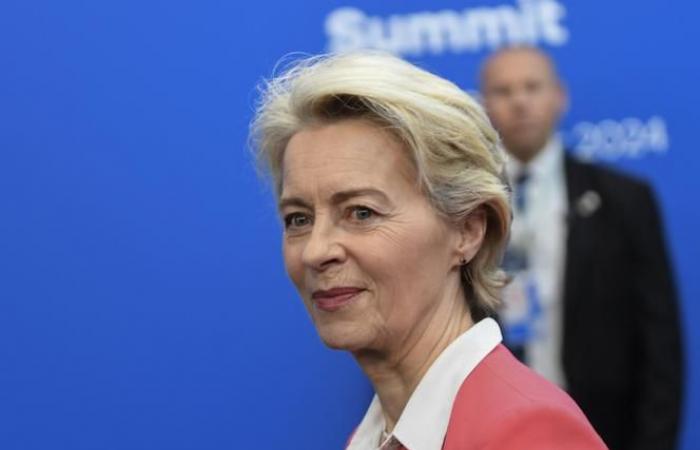Do not add a European crisis to a French crisis. In the midst of a heated political debate in Paris, the European Commission decided, Tuesday, November 26, to support the budgetary project defended by the government of Michel Barnier. It validated both the budget for 2025 and the multi-year recovery plan presented by France as part of the new stability pact, renovated in the spring. A notable indulgence, even though the first steps planned by Michel Barnier to regain control of the deficit are, in France, considered less and less likely.
Read also | Article reserved for our subscribers The French budget, under close European surveillance
Read later
The European executive considers that “credible” the medium-term plan presented by the Prime Minister for the next seven years, and accepts that, given the current French difficulties, the objective of reducing the deficit below the threshold of 3% of gross domestic product (GDP) be postponed from 2027 to 2029.
According to the document sent by France, on October 31, the deficit of the State, local authorities and Social Security, expected at 6.1% of GDP this year, would gradually decline, falling to 2.8% in 2029, then finally respecting European rules. At the same time, the French public debt would continue to rise, going from 112.9% of GDP this year to 115.8% in 2029. It would thus remain very far from the 60% ceiling set in the European treaties.
“We have not been too lenient with FrancePaolo Gentiloni, the European Commissioner responsible for economic affairs, defended himself on Tuesday. The government of Michel Barnier was courageous to present such a recovery trajectory, considering the political context, in particular the composition of the National Assembly. » The Commission, however, refuses to discuss the possibility of government censorship which would lead to the abandonment of the budget, or that of calling into question the pension reform, which would modify the budgetary trajectory. “We evaluate the submitted plans, and nothing else,” evacuates Valdis Dombrovkis, the vice-president of the Commission.
“Compliant with recommendations”
As for seven other countries, including Italy or Greece, the community executive considers the plans presented by France “in line with the recommendations, because their net expenditure should be within the ceilings”.
Read also | Article reserved for our subscribers In the midst of a political crisis, Michel Barnier pushed to unravel his budget
Read later
In its copy submitted to Brussels, France plans to make a budgetary effort of 60 billion euros, in the form of spending cuts and new taxes, and promises to reduce the deficit to 5% of GDP in 2025. “On paper, these objectives are perfect and on targetconfides a European diplomat. We will have to see the reality because, until now, France but also other countries, such as Italy, have never managed to keep their commitments. »
You have 45.94% of this article left to read. The rest is reserved for subscribers.







